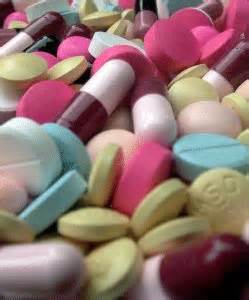
The FDA is holding open meetings in October to obtain patient and doctor input on female sexual dysfunctions, specifically low desire. Now since it is the FDA, they are hoping to gain momentum on developing a medication that can treat lack of sexual desire. Which makes those of us who work with people struggling with sexual concerns sigh with frustration, “As though it is that simple.”
Sexual desire is complex. So much so that we can also say it is mysterious. Why we crave what we crave, why we crave it sometimes and not other times, why we are drawn to certain people, all questions without clear answers. And why we can’t just convince ourselves to want sex when it the person, place or time are convenient? That is a question that many people ask themselves. Low sexual desire is only a clinical issue when someone wants to want sex. But wanting to be sexual is not the same thing as desiring sex in that moment. And so many people are seeking their sexual desire spark to reignite.
There are physical issues that come into play with low desire, certainly. Hormones, brain chemistry, stress levels, exhaustion, side effects from drugs, general health and more should be considered. But so should emotional stressors, lifestyle, religious or spiritual conflicts, body awareness and acceptance, beliefs about sex and pleasure, traumas and fears, self image, lack of sex education, ability to enjoy sexual stimulation, and on and on. And I haven’t even started listing all the ways the relationship the person is in may affect their level of sexual desire. An issue that starts from one stimulus, say back pain, can lead to a pattern of saying no to sex, which leads to distance and resentment in a partner, which leads to less desire to be with them, which leads to less positive thoughts about sex…You can see how things interplay.
Even if the FDA can create a pill that motivates sexual desire would we want to take it? There is a creepy factor in feeling as though your sexual desire is manufactured. What invites us to ask ourselves, what is “real” desire. Desire is not just physical, nor just emotional, or relational. Our sexuality is interlaced with all aspects of our lives; that is one reason it is so potent. Sexual happiness can heal us on many levels and sexual unhappiness can trouble us on many levels. Desire draws on multiple aspects of Self, and my sense is that many of us want it that way.
There is a group specifically challenging the medicalization of sex, called the New View Campaign. Let’s keep our approach to sexual health diverse and multi-dimensional.